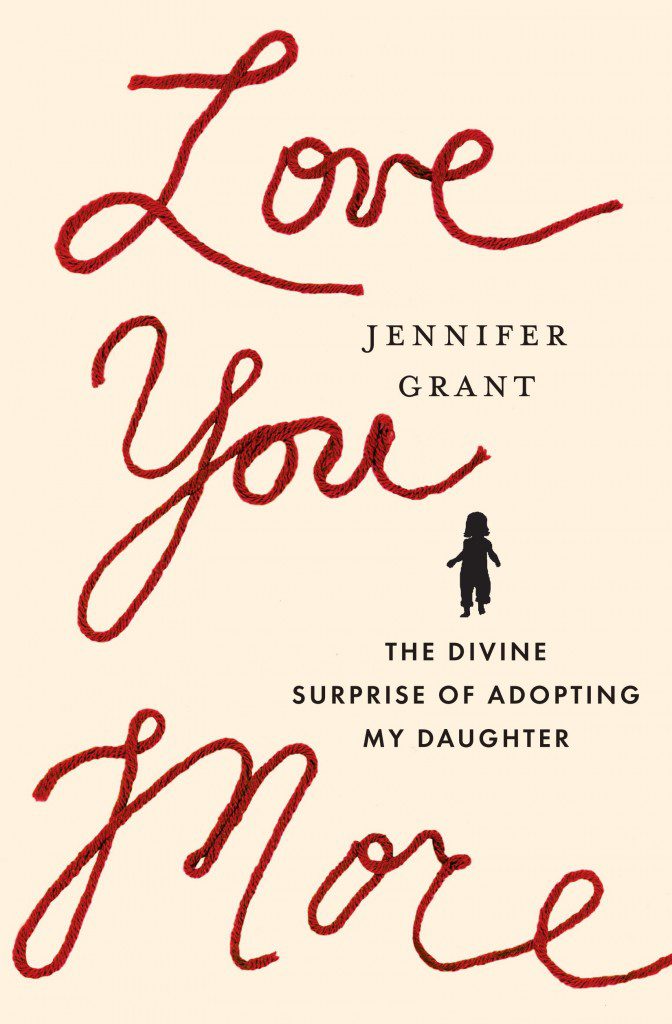I’m sure you probably read this month’s featured article in the Atlantic. If you haven’t, read it here, and then read all 18 gazillion responses to it around the web. (Or, if you’d rather, just a couple of them here and here.) If you are a woman or a man who loves a woman, or a man who one day may love a woman, you should read Anne-Marie Slaughter’s article, “Why Women Can’t Have it All,” which brings into question the belief that feminism has been chanting since (at least?) the third wave of feminism rolled through. That belief is the hope that women can have great success in the professional world and still raise children well: that women can be everything and still be happy.
There’s no reason for me to add my two cents to the conversation out there. I’m two weeks late to the party and a lot smarter people have already done it. But I feel the need to say this: Just about every woman I know (whether they subscribe to feministic ideals or not) would say, “Of course,” to the title of Slaughter’s piece. It’s not a shocker. Maybe it’s a shocker to women who are leading the feminist push into the big league places of power: the CEOs, the high positions of government, the great courts of law. Maybe it’s a shocker to Slaughter’s peers in her generation: Ivy-League educated, policy-making, glass ceiling-breaking women of intense drive. (Who, by the way, I honor for their courage and commitment and sacrifice.)
But, most of us—those of us educated but of Average Brain, who worked hard and well prior to having children, those of us who believe in our work but also believe in the deep calling of child-shaping—we all know the answer to the question, “Can women have it all?” Life has forced us into the practical. I would answer: It depends how you define ALL.
Feminism has typically defined all as “everything a man has”: The ability to work hard, advance into the highest levels of professionalism, and still have a family. But Slaughter speaks to something she discovered in the long two years she commuted back and forth between her high level job in the State Department in Washington and her family (two teenage sons and a supportive husband) in Princeton. In the midst of a difficult season for her son, she began to accept that she couldn’t do everything. She needed to be home for him.
Of course, there are those who are up in arms that she would admit that caring for her son might be more important than the millions of lives her decisions were affecting in her work. There are those who would groan that she would sacrifice her high-powered position in order to care for her family, but the feminism I connect to is the feminism that both embraces the ability of women to add value to culture in the form of work and the power of motherhood to shape and form and build children into people who add value and light to a broken world. I can’t sit around and listen to angry women mock the work of motherhood, as much as I can’t sit pleasantly in the presence of men who would devalue women in the Church into Silent Sweet Agreeers.
To me, feminism must be fully human to be fully powerful. And this article and admission by such a strong, influential woman is exactly the sort of thing the movement needs to mend the damage that has been done (most often unintentionally) by feminists who devalue the role and necessity of full-time childcare as a brave and good choice.
What does it mean to have it all? There are many of us who worked through our kids’ first year and found (in my case) that the demands of work (ministry) meant I missed more nights of putting my kid to bed than I wanted to. Those nights of ministry, combined with my husband’s demanding job and commute, meant I saw Chris in passing, meant I cried tears over how long it had been some weeks since we had eaten dinner together. But still I loved my work; still I loved my kid.
What I finally came to terms with was the gift of seasons. We live in a society that does not allow easy flexibility for working women with children at home. And because I could do it, I chose the life at home over the life of striving and never being enough for everyone. I’m not saying I was doing a terrible job at my work or as a mom. I’m just saying I was constantly compromising something. And, in the end, I wanted to stop feeling all those compromises press in on me. I wanted to be still. I wanted to push the swing at the park without looking at my watch calculating where else I could be were I not there.
I became a stay-at-home-mom, not because I’m unmotivated (though I can assure you, I’ll never be a high-powered government official), not because I’m not capable of gritting my teeth and seeing my family when I see them, and not because I have no dreams. I chose this life because when I was finally honest with God and my husband and myself about my own happiness, I knew the swing pushing was what I wanted. I wanted to be in my children’s everyday. I craved a slow-paced life and I had a partner who wanted to financially support that choice.
Now, I write about motherhood and spiritual practice. I write about the slow work of raising kids and the miraculous every day grace that follows me in it. But I miss the thrill of ministry. I miss the joy of getting dressed and leaving the house. I miss accomplishing tasks one after another without crying babies or scraped knees interrupting.
We can’t have it all…Everything in life is an exchange.
Ummmm, can I eat pizza for dinner three nights a week and not grow a pizza love-child around my middle? Can I sleep till 7:30 every morning even though my baby wants to wake at 6? Can I do work I love without considering the effect it will have on my children? Of course I can’t. Mothers know, have always known, that every choice we make affects our children. My working friends know it. My stay-at-home friends know it.
So now that we’re saying it, let’s look in each other’s eyes. Let’s look deep at our working friends, long at our SAHM friends. Let’s recognize for each other that we’ve all sacrificed much to hold this role.
Let’s be women who shake our heads for each other’s laments and say, “Yes, I hear you, sister. This choice is hard.” And then, let us sing a song together about women and seasons and value and choices and swing pushing and meeting attending and yoga-pant wearing and smart suit dressing and then we will notice that there is no “Mommy War,” there is only women and our big beautiful gifts we are offering the world and the hope of thriving, the hope that lives can flourish.











